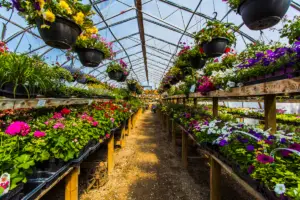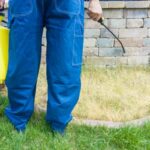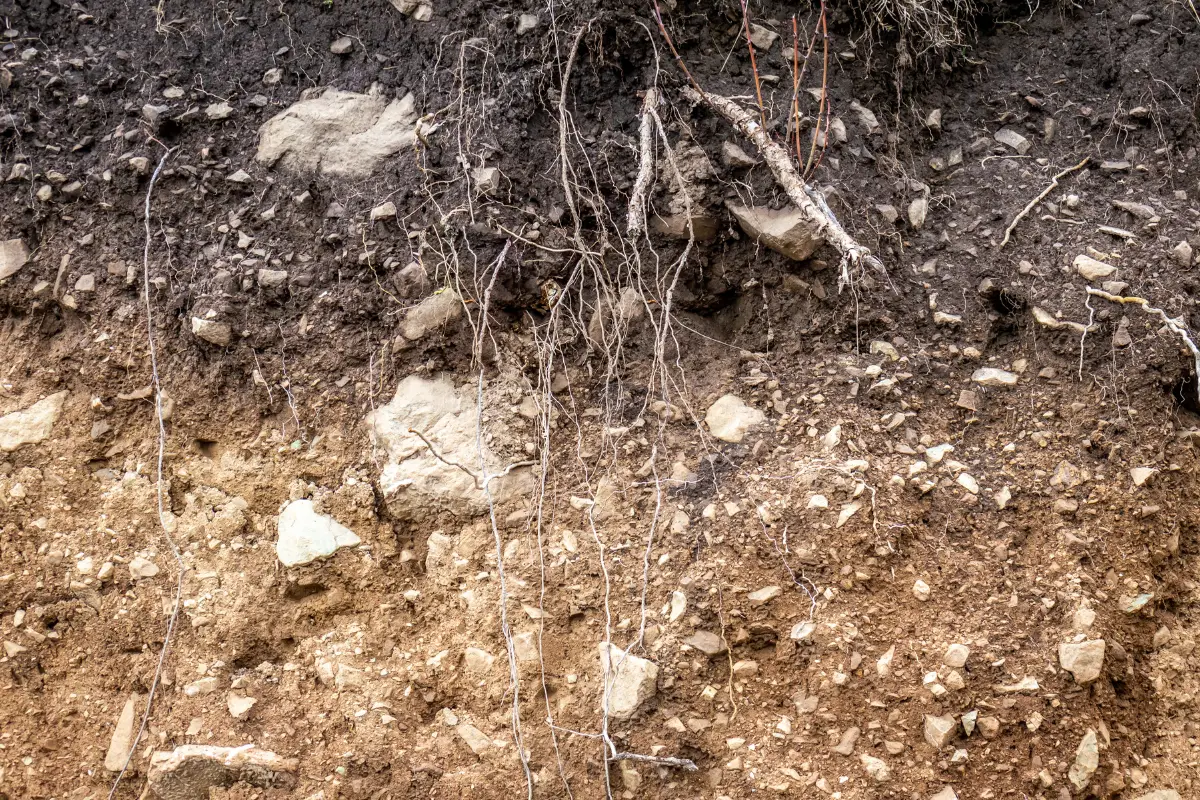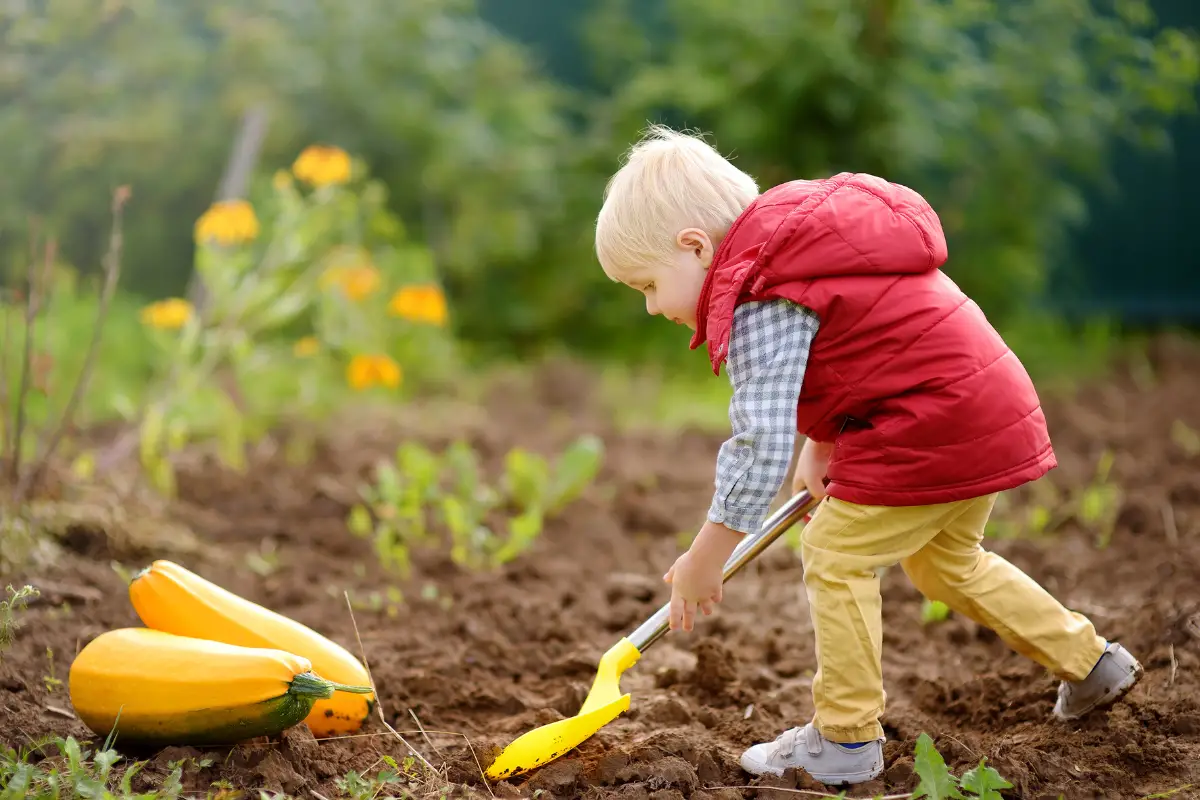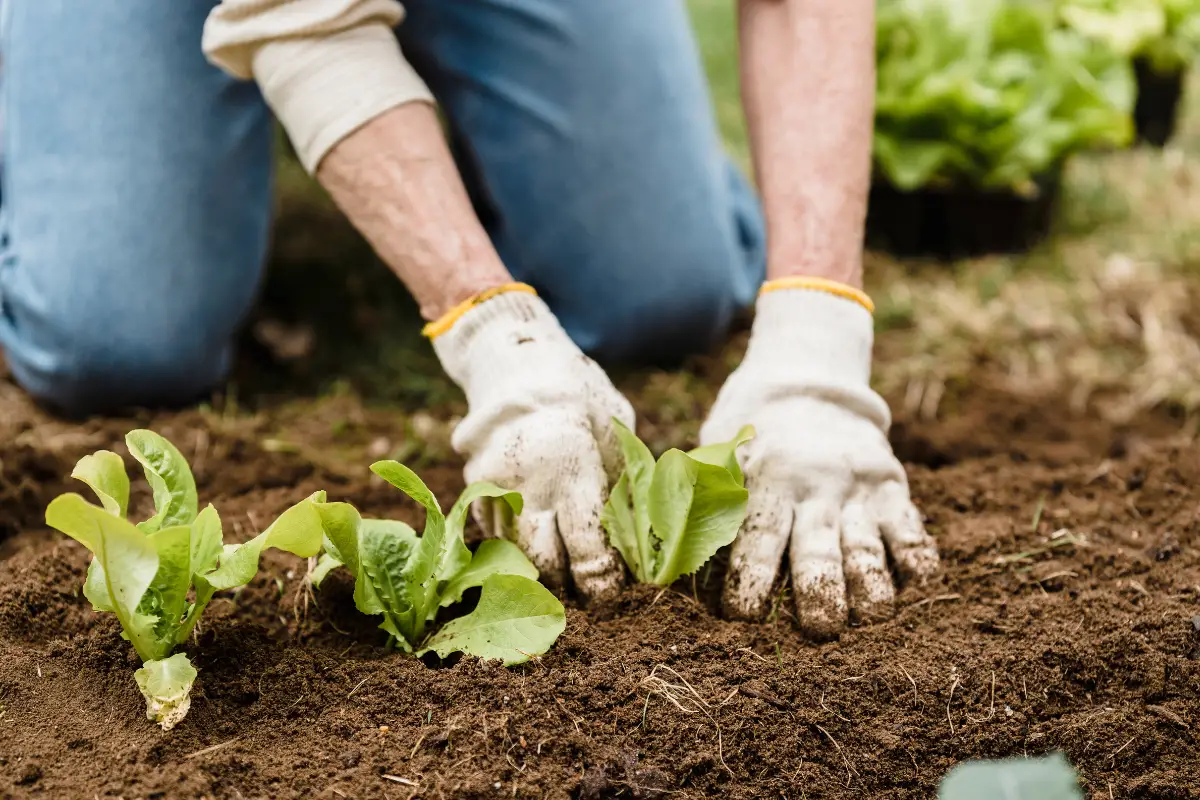You need your compost to be hot to ensure it forms correctly. Temperatures between 90 and 140 degrees F (32-60 C) are essential. If your compost isn’t getting hot, it could be lacking air, bacteria, or nitrogen. It might also be the incorrect size.
Many different factors can cause your compost not to reach high enough temperatures.
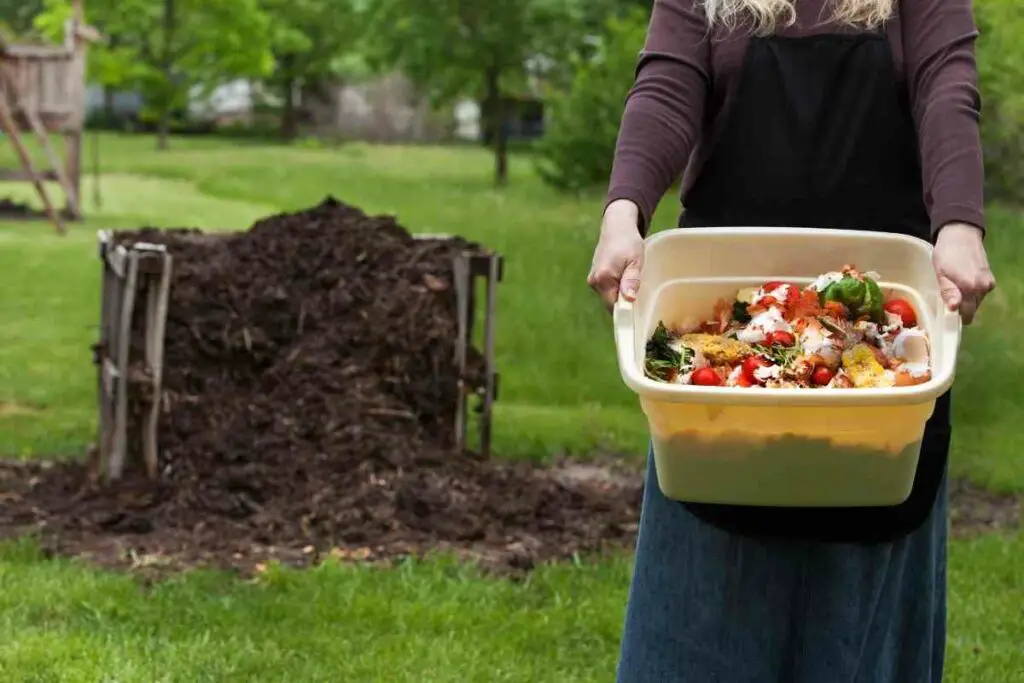
However, you can still correct these problems- so don’t throw out your compost pile just yet!
Table of Contents
Why Is My Compost Not Heating Up?
Several factors can cause a compost bin not to warm up enough.
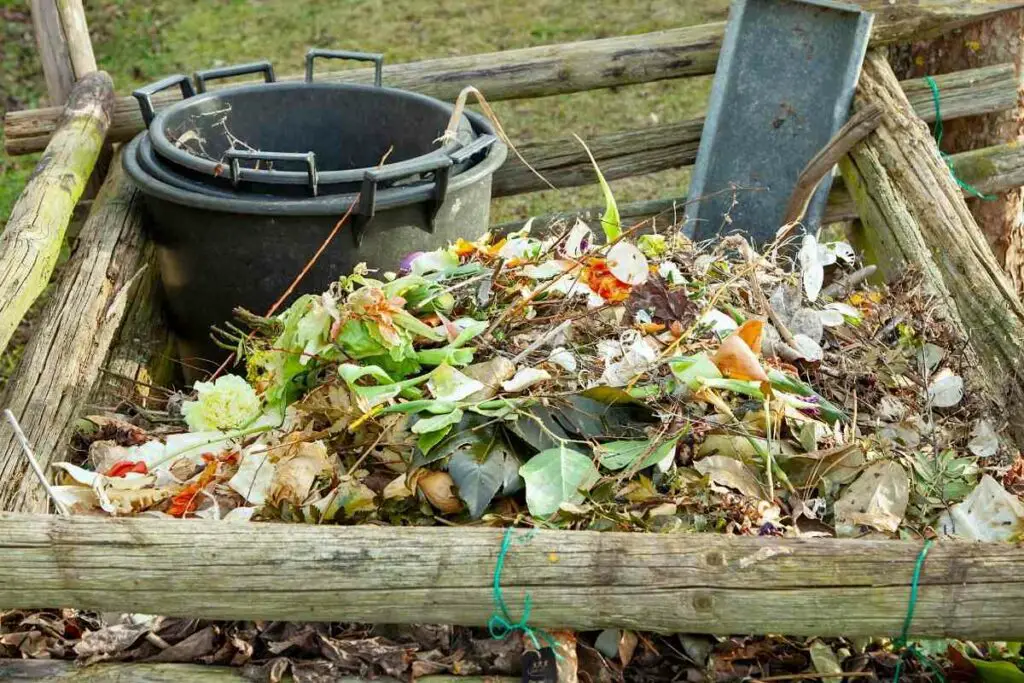
Most of these have to do with the size of the pile or missing components.
These are the most common causes that can lead to a cool compost pile:
- Not enough nitrogen
- Not enough oxygen
- Not enough bacteria
- Too big or too small
- Too wet or too dry
Let’s break down all these compost factors in more detail, so you can know how to fix the problem!
1. Not Enough Nitrogen
Nitrogen is essential for composting.
Without it, the decaying process slows down significantly, causing the pile to become cold.
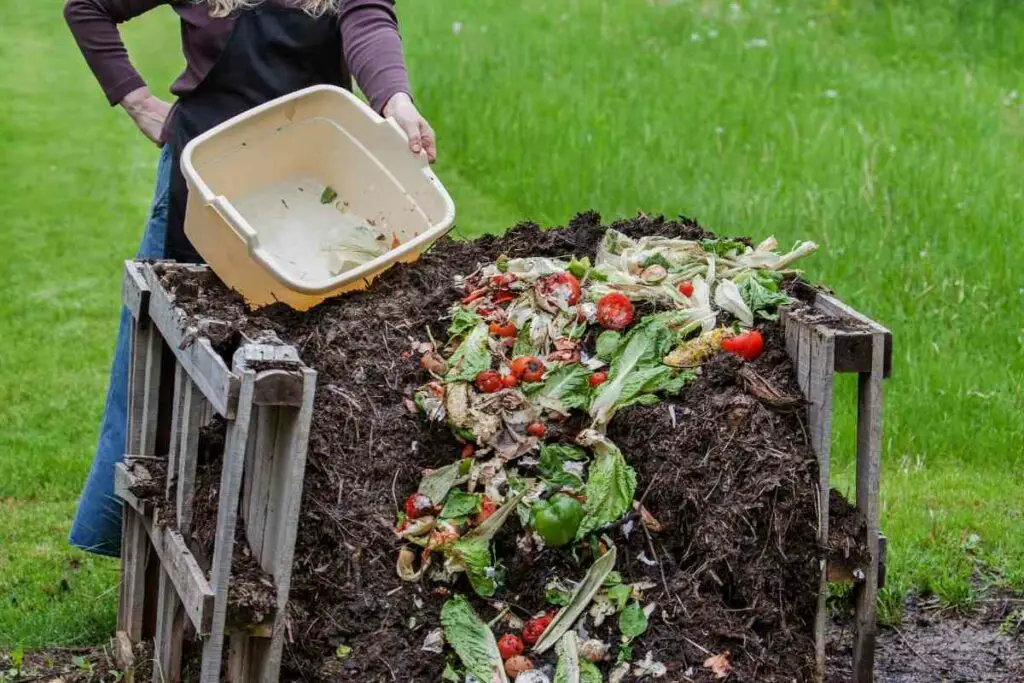
Plus, high levels of carbon lead to reduced nitrogen in the soil.
If your compost needs more nitrogen, you can add several different foods and scraps to raise it.
Here are some options that are high in nitrogen content:
- Grass and lawn clippings
- Most vegetables
- Manure
- Used coffee grounds
However, you’ll also want to avoid using items low in nitrogen for a time.
These include products such as wood, sawdust, and paper.
Many gardeners add manure and grass clippings to their compost piles to raise nitrogen levels.
As nitrogen goes up, the compost should also become much hotter.
2. Not Enough Oxygen
Oxygen, or air, is also essential to the compost.
Without enough aeration, the bacteria that need to breathe will die off- leaving you with bacteria that you don’t want!
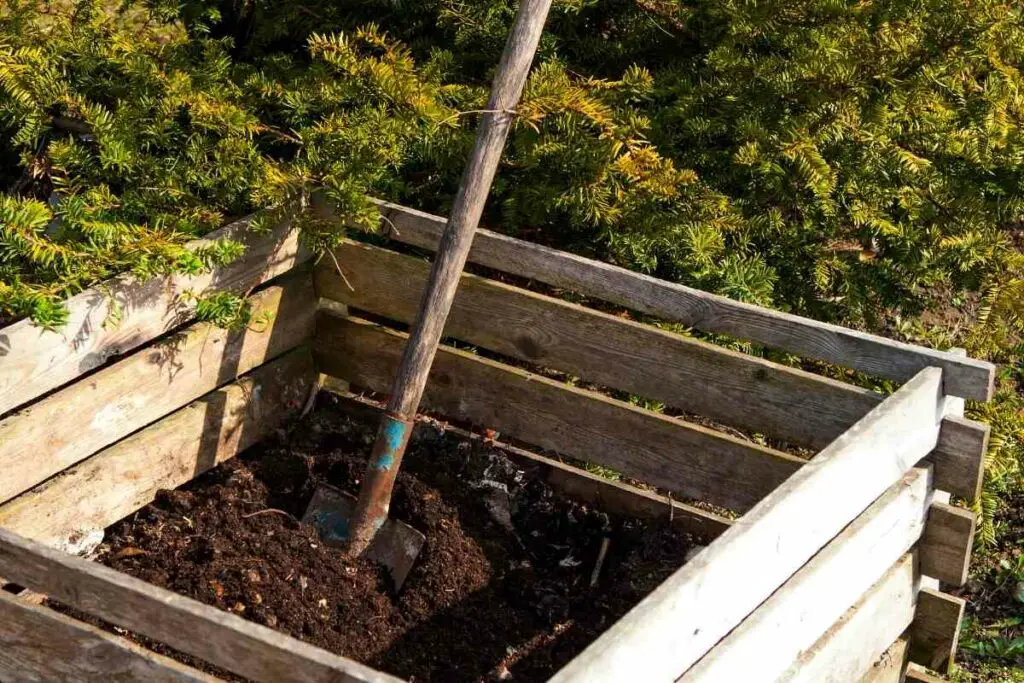
Your pile also won’t rise to temperature without oxygen because the right bacteria aren’t working.
Bacteria need some oxygen to decompose materials efficiently.
Without air, the process will take a very, very long time. However, this is a straightforward problem to fix!
All you need to do to add oxygen is turn your compost pile more often. You can also mix it, which helps disperse the materials evenly throughout the bin.
Key Takeaway – Stirring the compost is great for aeration! It would help if you did this with a pitchfork every two to four weeks.
3. Not Enough Bacteria
Additionally, it won’t heat up if you don’t have enough bacteria in the compost!
Bacteria working on decomposing organic items cause the compost to get hot. It likely doesn’t have enough bacteria present if it’s not hot.

You can add manure or soil from your garden to the compost bin. These materials usually have bacteria present who adjust quickly and effortlessly to compost!
Soon enough, it should start getting hot again.
If the compost smells terrible but isn’t hot, you have bacteria- but not the right kind!
Works Best – You’ll need to make sure the compost isn’t too wet and has plenty of oxygen. Doing so will encourage the correct type of bacteria to multiply!
4. Too Big or Too Small
The size of your compost pile can also impact its ability to heat up.
If it’s too small, there might not be enough organic material there for the bacteria to get to work. A small pile might not ever heat up because of this.
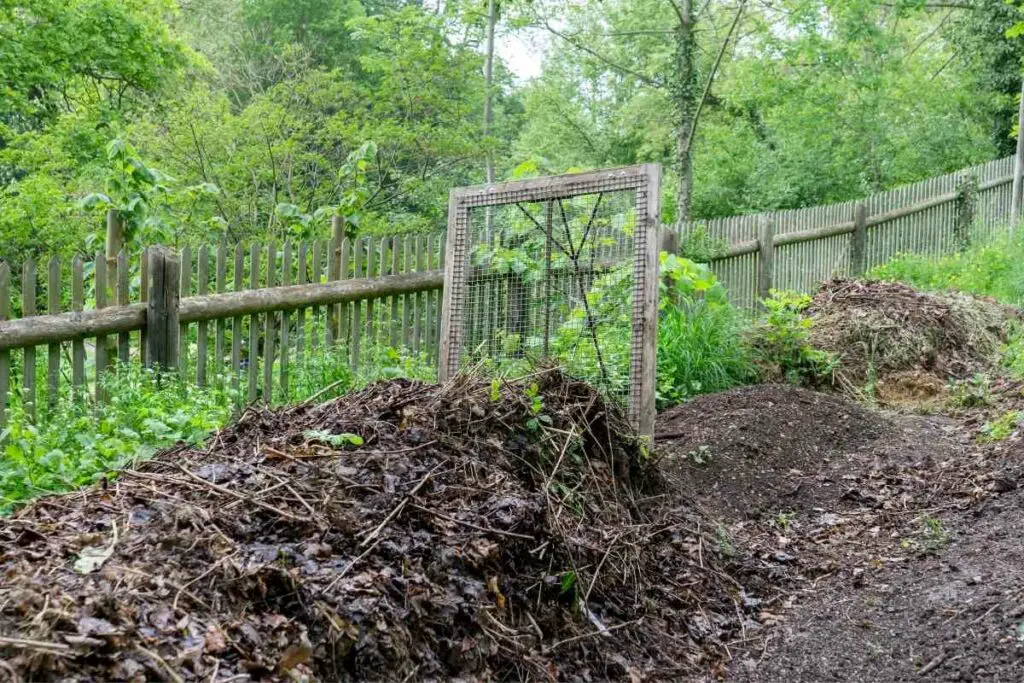
You want your compost pile to be between 3 and 5 cubic feet (0.5 to 1 cubic yards). This issue is easy to fix since you need to add more to the pile to make it larger.
If your compost pile is too big, the heat is more spread out. You’ll want to break it up into a few smaller piles, which shouldn’t take too much effort!
5. Too Wet or Too Dry
If there’s too much moisture present in your compost pile, bacteria won’t have enough air to break down the materials.
Since the bacteria working makes the compost hot, it’ll be cold if they can’t survive there.
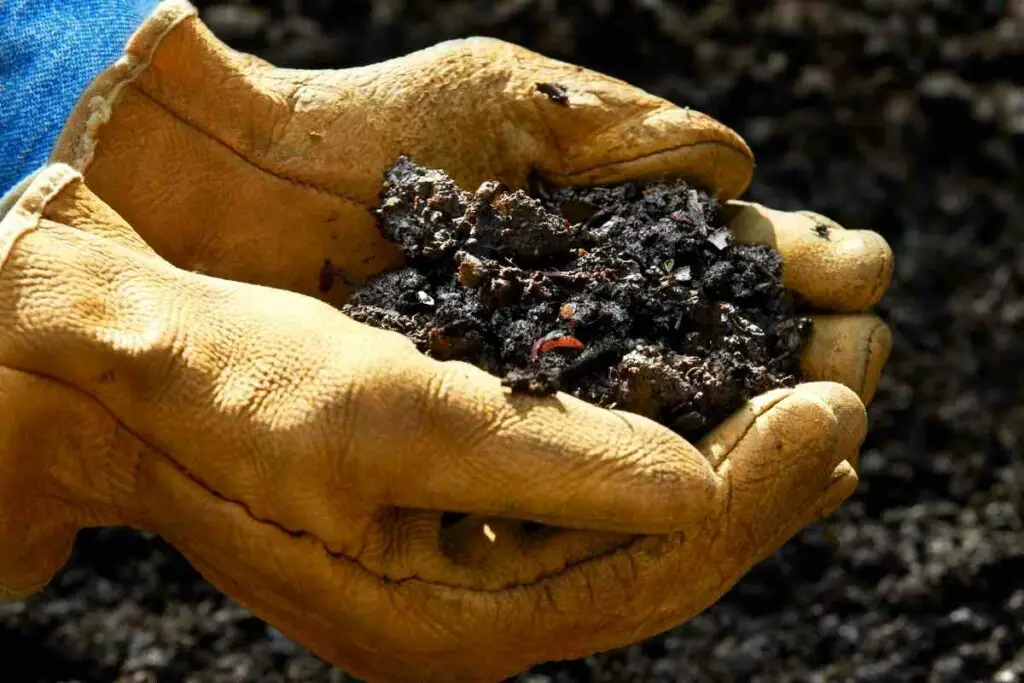
Additionally, wet compost smells awful!
Some bacteria can survive without access to air, but they release methane gas. These bacteria cause a foul smell.
You can tell that your compost is too wet by grabbing some of it in your hands. If you squeeze it and water drips out, it’s way too wet for the bacteria you need!
Luckily – This issue is easy to fix. Start by spreading the compost out in a thin layer. Doing so helps it dry, especially if you do this on a sunny day. You’ll want to add a tarp to the pile to prevent it from getting rained on in the future.
It’s also pretty easy to fix dry compost. You do need some water for the compost pile to function correctly.
Add a small amount of water using a bucket or hose- you don’t want to soak the compost! It shouldn’t leak water after you moisten it.
How Long Until Compost Heats Up?
It can take about one to four weeks for a compost pile to heat up after making the above changes.
The weather can significantly affect the time it takes for the compost’s temperature to rise.
For example, it should only take about one week in the summer. However, it can take the full four weeks during the colder months.
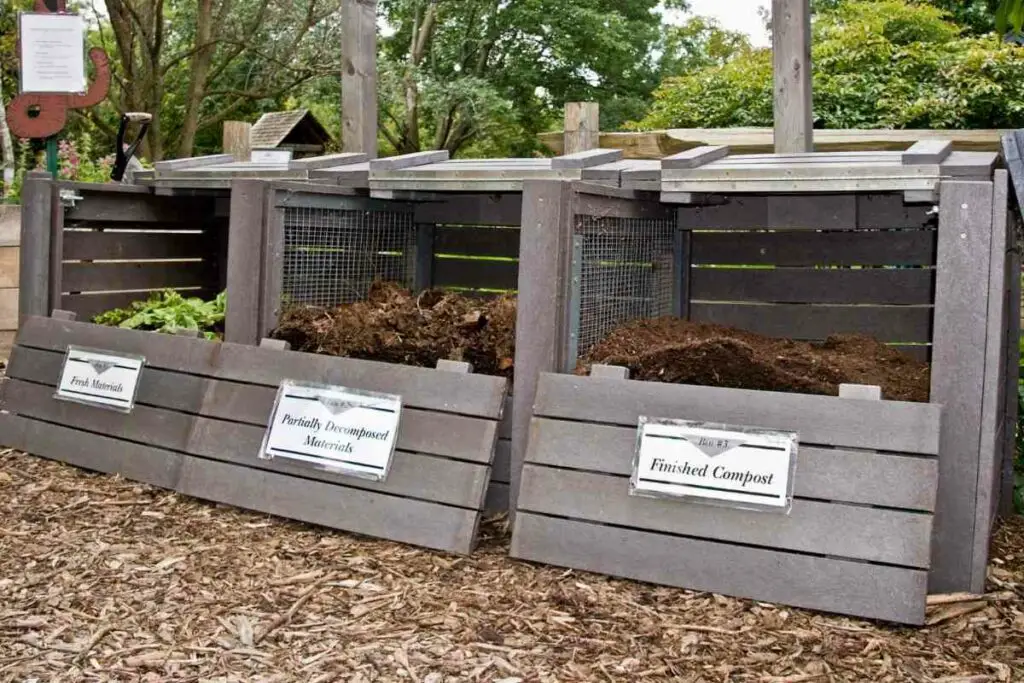
You can also use the above fixes if you want to speed up compost heating.
For instance, stirring the compost more often will help add more oxygen to the soil.
You can also speed up compost heating by chopping up organic materials that you add to the bin.
Smaller pieces don’t take as long to break down, so the bacteria can do quicker work, leading to a hotter compost pile faster.
Final Thoughts
If it takes longer than a few weeks for your compost to show signs of heating up, you’ll want to change your routine. Making a few simple adjustments can be all the pile needs to reach the correct temperature.
Also Helpful
- How to Dry Basil Leaves: A Professional Guide
- Is an Avocado a Fruit or Vegetable? Simple Answer and Explanation
- Does Pineapple Have Seeds? Exploring the Anatomy of Pineapples
- Blooming Through Winter: Can I Grow Vegetables Indoors in the Winter?
- What Can You Grow in a Greenhouse All Year Round: A Guide to Year-Round Greenhouse Gardening
- Are Blueberries Blue? Debunking the Myth of Their Color





